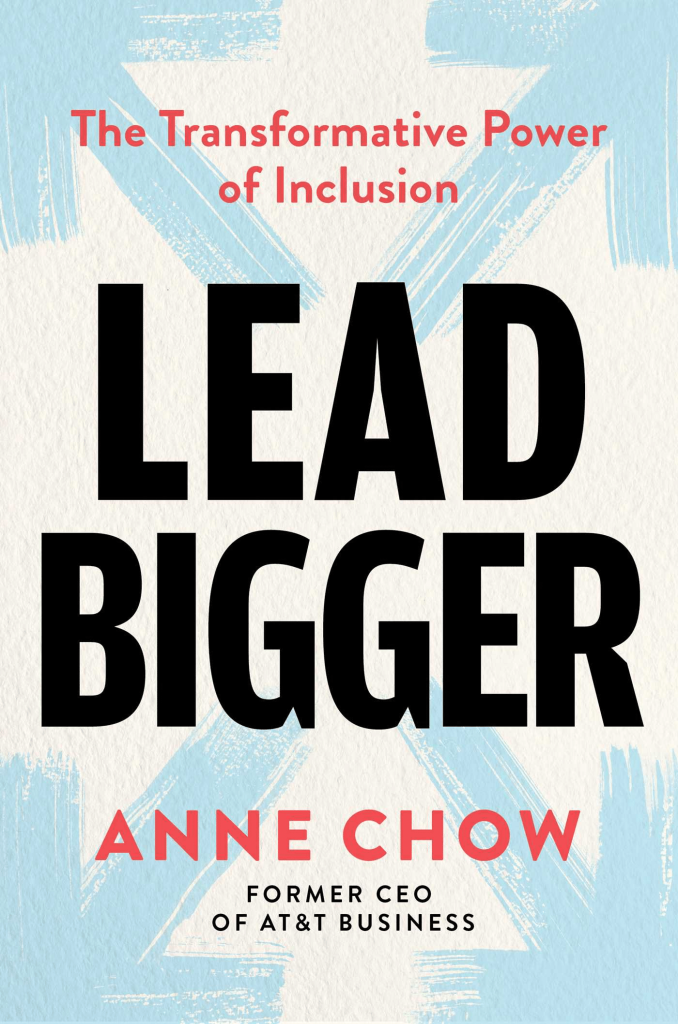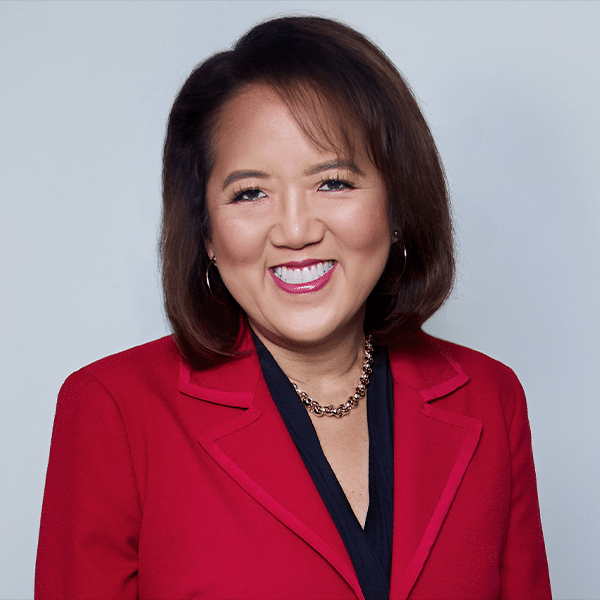“One of the benefits of appealing to Gen Z and Gen Alpha [to become part of the broadband workforce] is that they live in this [connected] world: they know nothing else. They can’t imagine life without their phone. Their phone is more important than their wallet — they don’t even have a wallet.”
That’s what Anne Chow — former CEO of AT&T Business and author of the new book Lead Bigger: The Transformative Power of Inclusion — told Telecompetitor when we spoke at the end of August. “The pro is they viscerally understand the importance [of the internet], but the con is they can take it for granted.”
Attracting and keeping talent and ensuring that projects meet labor standards is a major issue facing the broadband industry. Chow emphasized both the importance and the difficulty of appealing to younger generations, and why it’s vital to understand how what young people are looking for differs from previous generations of workers.
“We have to rethink how employee loyalty has evolved,” she said. “[Young people] don’t imagine that they’ll go work in an industry for a long time. Part of the challenge, as a potential employer, is how to build meaningful experiences that don’t require you to have a level of institutional knowledge before you excel.”
An Inspired Broadband Workforce
Part of the answer, Chow said, is to inspire the next generation of workers with the breadth and opportunities of the broadband industry. “What pulls on the heartstrings of people in younger generations is the idea of purpose. We should feel the same way about broadband as we do about first responders. Frontline broadband services are essential to the first responder community — critical for life and death.”
The connection broadband offers to educational and healthcare systems is vital for daily life, Chow argued, and this is especially true for rural communities. “If you happen to be a rural provider and the tech hasn’t advanced the way it has in major metro areas, arguably the service you provide is even more critical to the community.”
To inspire the next generation of the broadband workforce, it is vital to help them connect with this sense of purpose. In her book, Chow wrote, “I would argue that if you ask workers of any age or tenure to remember a moment when they truly were engaged in their role, they would reference the times when they made a difference by solving problems, working with people they enjoyed while contributing to a greater good.”
“This is about so much more than the technology itself,” Chow told Telecompetitor. “Not everyone in the country can work at home or remotely. There’s inequitable access to those kinds of roles if you don’t have basic, functional, reliable, secure broadband access.”
An Inclusive Broadband Workforce
Chow’s belief — which led to the title of her book, Lead Bigger — is that an inclusive, more diverse workforce leads to a wider and richer store of ideas that drives innovation, performance, and impact.

“Inclusivity is not simply about race, gender, or political points of view — it’s the collection of what defines us of each as individuals, what makes humans human,” Chow said. “The question is: Do you want to harness that diversity or not?”
Each generation, Chow contended, becomes more and more diverse. And world events — like the COVID-19 pandemic, for example — introduce new categories of diversity. “All of a sudden, whether or not you wore a mask was a dimension of diversity, whether you got a vaccine or not — who would have even thought?”
Chow encouraged broadband leaders to think broadly about what inclusion means. “If you want your company to be sustainably growing, adding value to investors, it’s going to require different perspectives. One of the easiest ways to have those perspectives is to have different kinds of people around your table.”



